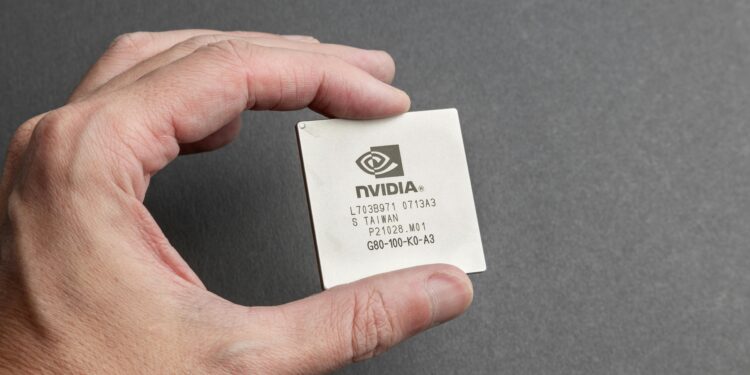The Tech Giant’s Relationships with Core Scientific, CoreWeave, and Now Super Micro Computer Raise Concerns About Due Diligence and Risk Management
Super Micro Computer (SMCI) has recently been embroiled in controversy, raising concerns as it becomes the third major Nvidia (NVDA) client to be associated with fraudulent activities. This development has sent ripples through the tech and investment communities, particularly given Nvidia’s dominant position in the semiconductor market.
The first two Nvidia clients linked to fraudulent activities were Core Scientific and CoreWeave. Core Scientific, a major Bitcoin mining company, faced allegations of misrepresenting its financial health and eventually filed for bankruptcy in December 2022. This incident highlighted the risks Nvidia faces in its client relationships, especially with companies involved in high-risk, speculative industries.
CoreWeave, a cloud computing startup specializing in GPU rentals, has also come under scrutiny. CoreWeave received significant backing from Nvidia, which has been raising eyebrows due to the unusual nature of their business model and financing arrangements. CoreWeave secured $2.3 billion in funding, using Nvidia’s H100 GPUs as collateral. This move has led to questions about the sustainability of their business model and the potential over-reliance on Nvidia’s technology.
Now, with Super Micro Computer under the microscope, Nvidia faces a third significant controversy. Super Micro, a provider of high-performance computing solutions, has been accused of fraud in financial reporting, further tarnishing its reputation. The allegations against SMCI are particularly concerning given their close relationship with Nvidia, which supplies critical components for their systems. This situation raises broader concerns about Nvidia’s due diligence in selecting and maintaining relationships with its clients.
The recurring theme of fraud among Nvidia’s clients poses a significant risk to the company. Nvidia’s stock has been on a remarkable upward trajectory, driven by the booming demand for its GPUs, particularly in AI and cloud computing. However, the controversies surrounding its clients could lead to increased regulatory scrutiny and potential financial fallout.
Nvidia’s business model heavily relies on a few key clients, and any disruption or scandal involving these clients can have a disproportionate impact on Nvidia’s financial performance. For instance, CoreWeave alone accounts for a substantial portion of Nvidia’s revenues, and any instability in CoreWeave’s business could directly affect Nvidia’s bottom line.
In light of these developments, investors are becoming increasingly cautious. While Nvidia’s technology and market position remain strong, the risks associated with its client base are becoming more apparent. The company’s ability to manage these risks and ensure the stability and integrity of its client relationships will be critical in maintaining investor confidence and sustaining its growth trajectory.
As Nvidia navigates these challenges, the broader tech and investment communities will be watching closely. The repeated issues with its clients underscore the importance of robust due diligence and risk management practices, particularly in an industry as dynamic and fast-paced as technology. Nvidia’s future success may depend not just on its technological innovations, but also on its ability to ensure that its business partners are reliable and financially sound.
For Nvidia, the controversies surrounding Super Micro Computer, Core Scientific, and CoreWeave serve as a stark reminder of the potential pitfalls in its client relationships. As these stories continue to unfold, they will likely have a significant impact on Nvidia’s reputation and, potentially, its financial performance.
You might like this article:Foot Locker Reports Strong Q2 Performance Amid Strategic Restructuring











